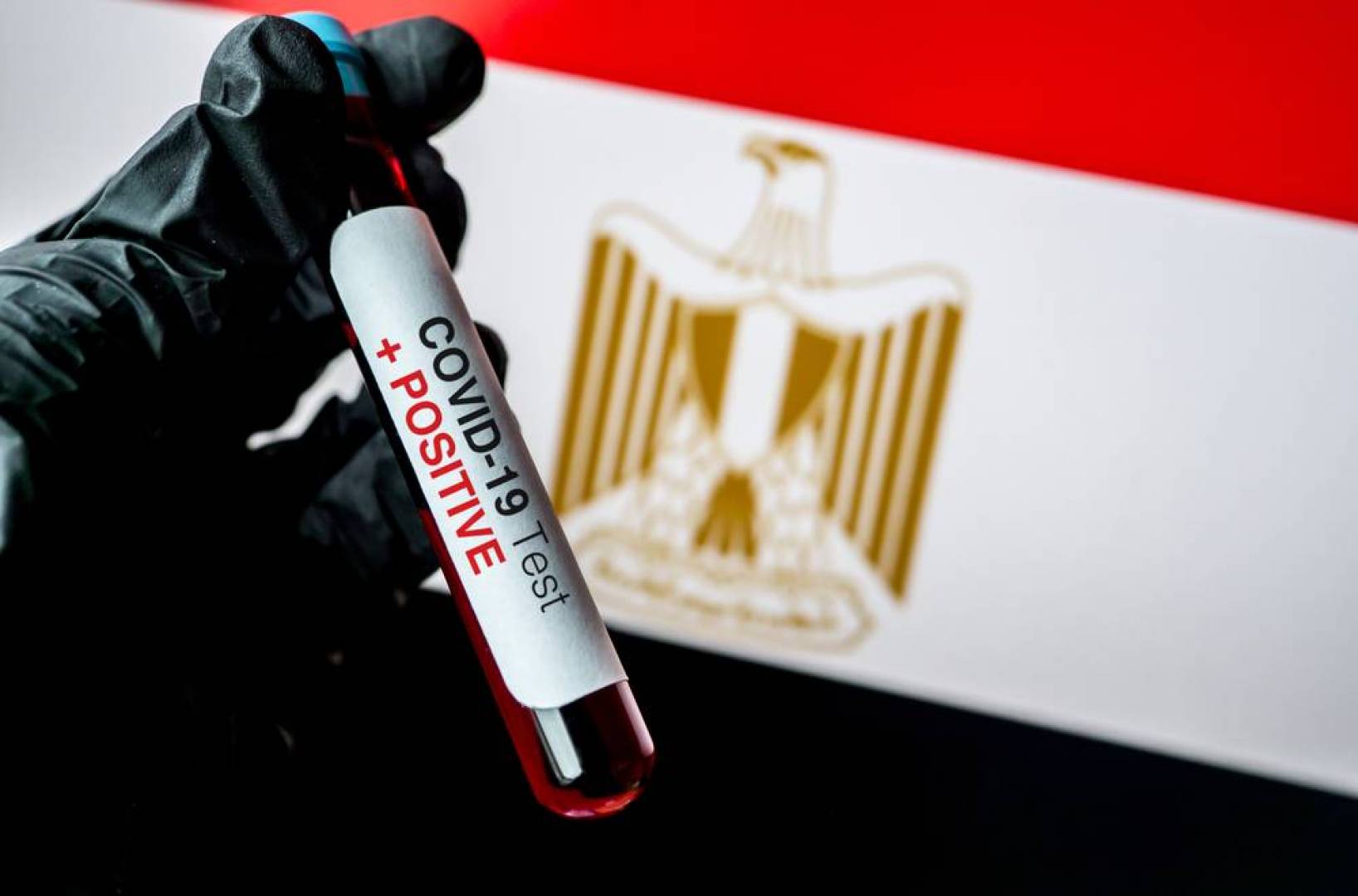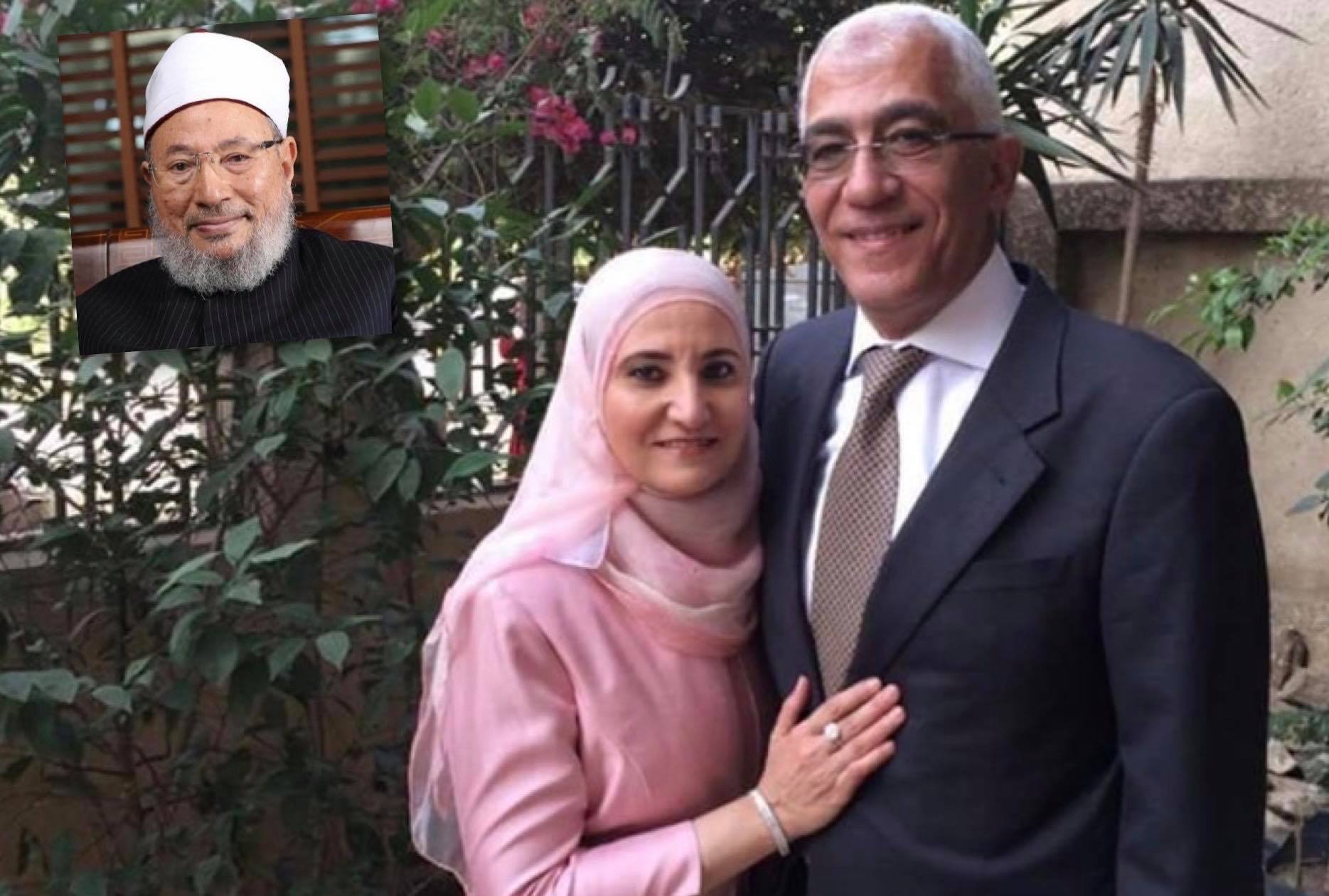On May 1, 2016, it was a terrible day for the Egyptian Journalists Union, as the security forces stormed the syndicate for the first time to arrest the journalists Amr Badr and Mahmoud El-Sakka, on the background of their sit-in in the syndicate in rejection of the border demarcation agreement between Egypt and Saudi Arabia, as the Egyptian government cedes the islands of Tiran and Sanafir to Riyadh. What happened was completely new and came in the wake of security control on the union because of its essential role in opposing the government, as the two journalists tried to restore the union’s national role it had previously played in several events starting from protests against the former Mubarak regime, to its role in the first events of the revolution as a headquarters for protest gathering.
The Journalist Union is living in horrible conditions, starting from the security control of those who join the union to a security attempt to control the journalists, as it did with the media outlets like the private ones bought by the intelligence service through its United Media Services Company. The goal is to control governmental and private media through security services. Also, the dire conditions include pursuing dissenting voices through blocking, storming websites, and arresting journalists, dozens of whom are imprisoned for only doing their job, in addition to defamation and attacks on dissenting voices through controlled media or journalists, “denouncing” them as traitors. The attack on dissident journalists can even go to seizing their funds. This is in addition to difficult financial conditions, a significant rise in inflation, and low financial compensation that does not suit the country’s economic situation.
The opposition decided to compete
To restore the role of the Journalists Union, it has to start with the elections that are repeated every two years for the midterm renewal. The current polls happen after the end of the two terms of Diaa Rashwan, the government representative, whose role is to prevent any descendant voice inside the union. Journalists also choose six seats in the Union Council in the midterm, given their essential role in facing the suffering of journalists. Winning any seat means confronting the current situation and creating an opposition within the council, the most prominent of whom are from independent voices, like Amr Badr, the journalist on the Al-Manassa website, and Mahmoud Kamel, a member of the Syndicate Council whose term ended, in addition to the journalist Hisham Younes
Several names enter the elections for the captain’s seat, most notably the State’s candidate who always supports it: Khaled Miri, the editor-in-chief of Akhbar Al-Youm newspaper, and the independent journalist Sayed Al-Iskandarani, who usually runs for those elections without good results. But the most prominent independent candidate who is considered a representative of the opposition movement is the former representative of the Syndicate Council, Khaled Al-Balshi, editor-in-chief of the Darb website, who announced his candidacy and said in its statement: “Leaving the political arena empty makes the situation worse, and establishes the power of one person or a group which will control the fate of all journalists. We should instead restore the consideration of the general assembly and its supervision and control of the council’s actions, with the condition that the journalists have to act on their fate instead of parties outside the union. This should happen with the real competition that obliges all to consider the journalists and their rights.” Al-Balshi’s candidacy came as a hope for the independent movement after the elections were almost closed with the least competition.
Is it pointless to participate?
The fears are apparent because of the security blockade and its interference in the elections, by removing candidates who are dangerous to security forces before the elections using flimsy justifications, even using dubious sorting methods. There is some hope, though, as the Administrative Prosecution announced its supervision of the electoral process. However, that hope fades when looking at the status of previously submitted appeals from formers candidates that have been thrown into the trash, including those who reached the membership of the Union Council, such as Mahmoud Kamel, who appealed against the sorting method.
In addition to those external elements, there is opposition weakness in comparison with the journalists who are supporting and supported by the State, which affects the majority of journalists working in government press institutions or those working in institutions controlled by security services, which means a lot of journalists voting in favour of government candidates as a most excellent possibility, which will make competition difficult, and make some people hopeless. These circumstances make the journalists in the independent movement itself divided between those who see hope in a competition that may embarrass the government candidate and his supporters and those planning for a strong boycott movement for the General Assembly that will be held in early March to choose representatives of journalists, which will give a more vital message of protest, hoping to work on more mobilization to boycott the elections, preventing these latter from taking place in the first place.





Recent Comments